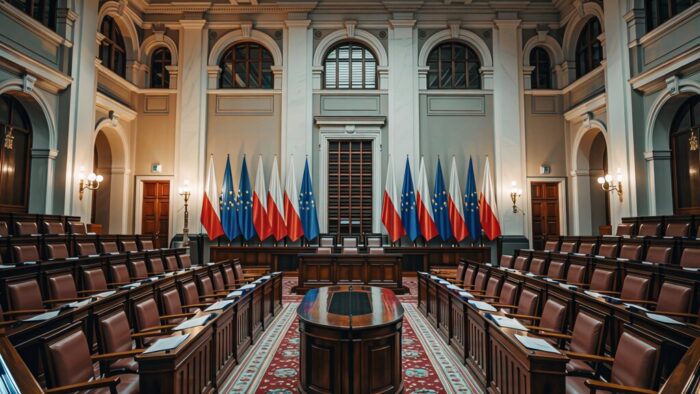US media is reporting that Rumble, an online video-sharing service, has been hosting the live feed of RT (fka Russia Today), a Russian propaganda outlet banned in the EU and largely unavailable in the US. According to the New York Times report, Rumble is backed by J.D. Vance, the presumptive Republican Senator-elect from Ohio:
October 31, 2022 In June, two American veterans fighting as volunteers in Ukraine, Alex Drueke and Andy Tai Ngoc Huynh, were captured by Russian forces. They were taken to a black site where they were beaten, run into walls with bags over their heads and hooked up to a car battery and “electrocuted,” the men said after being freed in late September. Between beatings, they told The New York Times, they were interviewed on Russian media outlets, including RT, one of the Kremlin’s primary propaganda organs in the West. “They stayed away from our faces because they knew that we were going to be on camera, that they were going to try and use this for propaganda.,” Mr. Drueke said. “So they wanted our faces to look OK. But they took care of our bodies pretty good.” RT had been largely taken off the air in the United States and banned by the European Union in March after Russian President Vladimir V. Putin’s armies invaded Ukraine. But in June, its version of the captives’ story appeared on Rumble, a video-sharing platform that stepped in this year and began carrying RT’s live feed, in addition to its clips. There, a glum-looking Mr. Huynh says they joined the fight in Ukraine after being duped by “propaganda from the West” that “Russian forces were indiscriminately killing civilians.” Rumble has become a leading destination for conservative content by positioning itself as a platform for unfettered speech, an alternative to the content moderation — or “censorship,” to many on the right — of mainstream social media sites like Facebook and Twitter. Last year, Rumble received a major investment from a venture capital firm co-founded by J.D. Vance, the Republican Senate candidate in Ohio. The firm, Narya Capital, got a seat on Rumble’s board, and its more than seven million shares place it among the company’s top 10 shareholders, according to securities filings. Mr. Vance also took a personal Rumble stake worth between $100,000 and $250,000, his financial disclosures show.
Read the rest here.
Vance has also been identified as part of the Global National Conservative Alliance (GNCA), a movement that generally emphasizes an isolationist US foreign policy. The NYT report goes on to describe Vance’s isolationist position on Ukraine:
Mr. Vance, who once assailed Donald J. Trump (“my god what an idiot,” he tweeted in 2016), has become an enthusiastic supporter and adopted his isolationist stance on foreign policy. In February, several days before the invasion, he said: “I gotta be honest with you. I don’t really care what happens to Ukraine.” Over the summer, Mr. Vance, a Marine veteran, sought to clarify that, saying, “We want the Ukrainians to be successful,” and calling Mr. Putin “the bad guy.” But he added, “We’ve got to stop the money spigot to Ukraine eventually.”
Vance has also been identified in one report as a Christian Nationalist, a characterization supported by other analysts. The Global Influence Operations Report (GIOR) reported yesterday on the Christian nationalist wing of the Republican Party and its role in supporting Russian President Vladimir Putin while opposing military aid to Ukraine.
In 2017, the NYT characterized RT as follows:
Analysts are sharply divided about the influence of RT. Pointing to its minuscule ratings numbers, many caution against overstating its impact. Yet focusing on ratings may miss the point, says Peter Pomerantsev, who wrote a book three years ago that described Russia’s use of television for propaganda. “Ratings aren’t the main thing for them,” he said. “These are campaigns for financial, political and media influence.” RT and Sputnik propel those campaigns by helping create the fodder for thousands of fake news propagators and providing another outlet for hacked material that can serve Russian interests, said Ben Nimmo, who studies RT for the Atlantic Council. Whatever its impact, RT is unquestionably a case study in the complexity of modern propaganda. It is both a slick modern television network, dressed up with great visuals and stylish presenters, and a content farm that helps feed the European far right. Viewers find it difficult to discern exactly what is journalism and what is propaganda, what may be “fake news” and what is real but presented with a strong slant.
GIOR reported in February that Russia-backed media outlets RT and Sputnik would be banned in the EU after being repeatedly accused of spreading disinformation, especially in the run-up to the Russian invasion of Ukraine.





